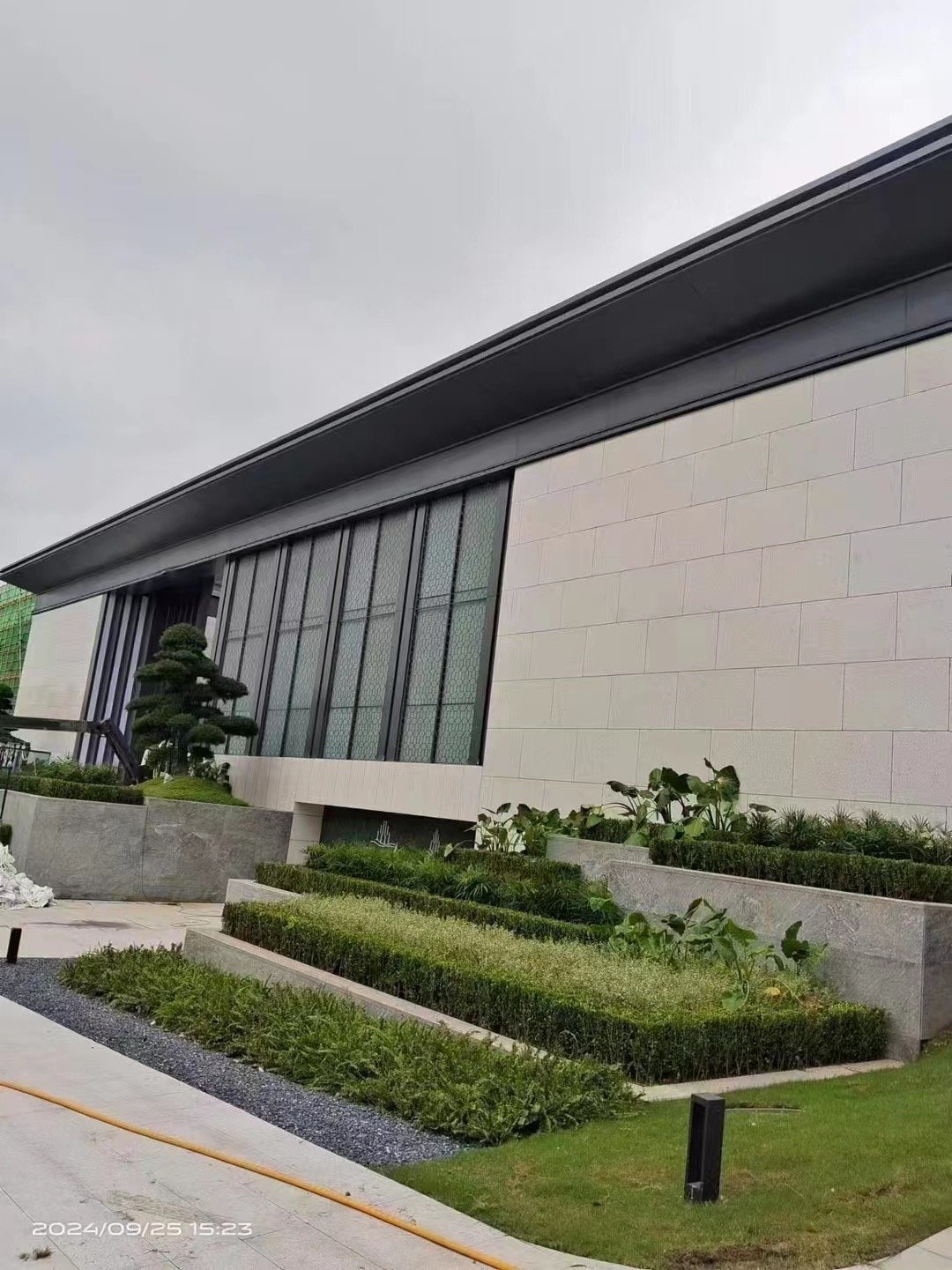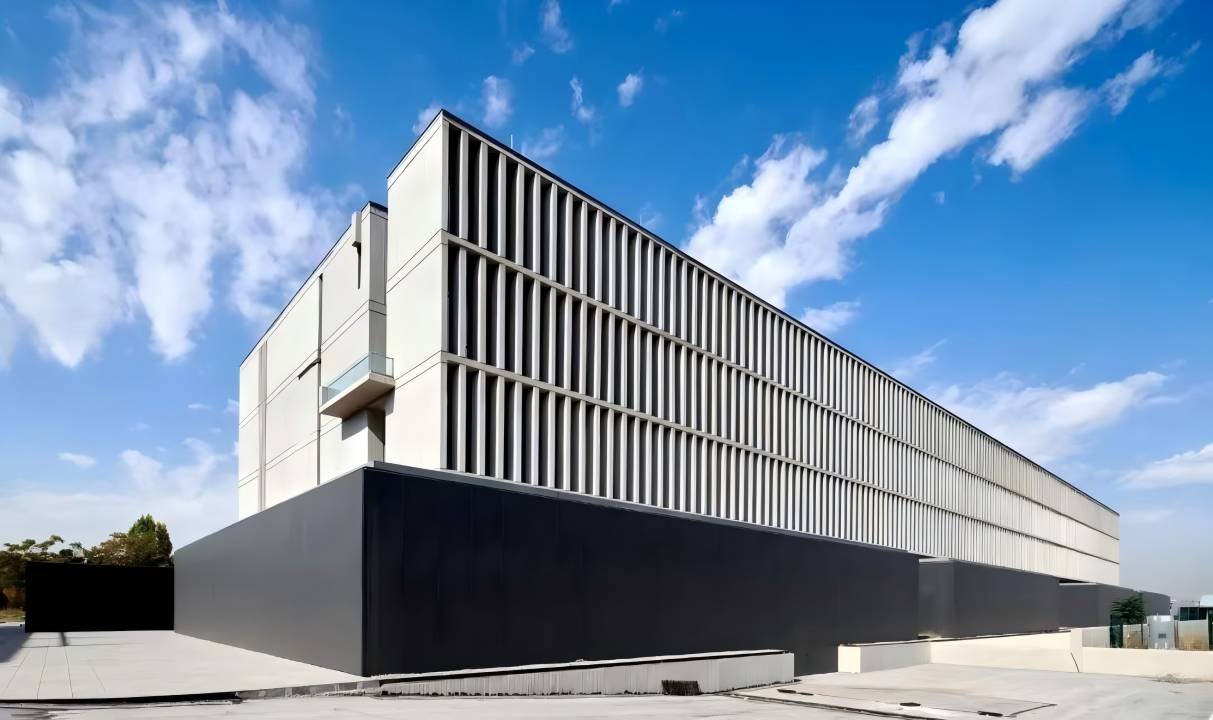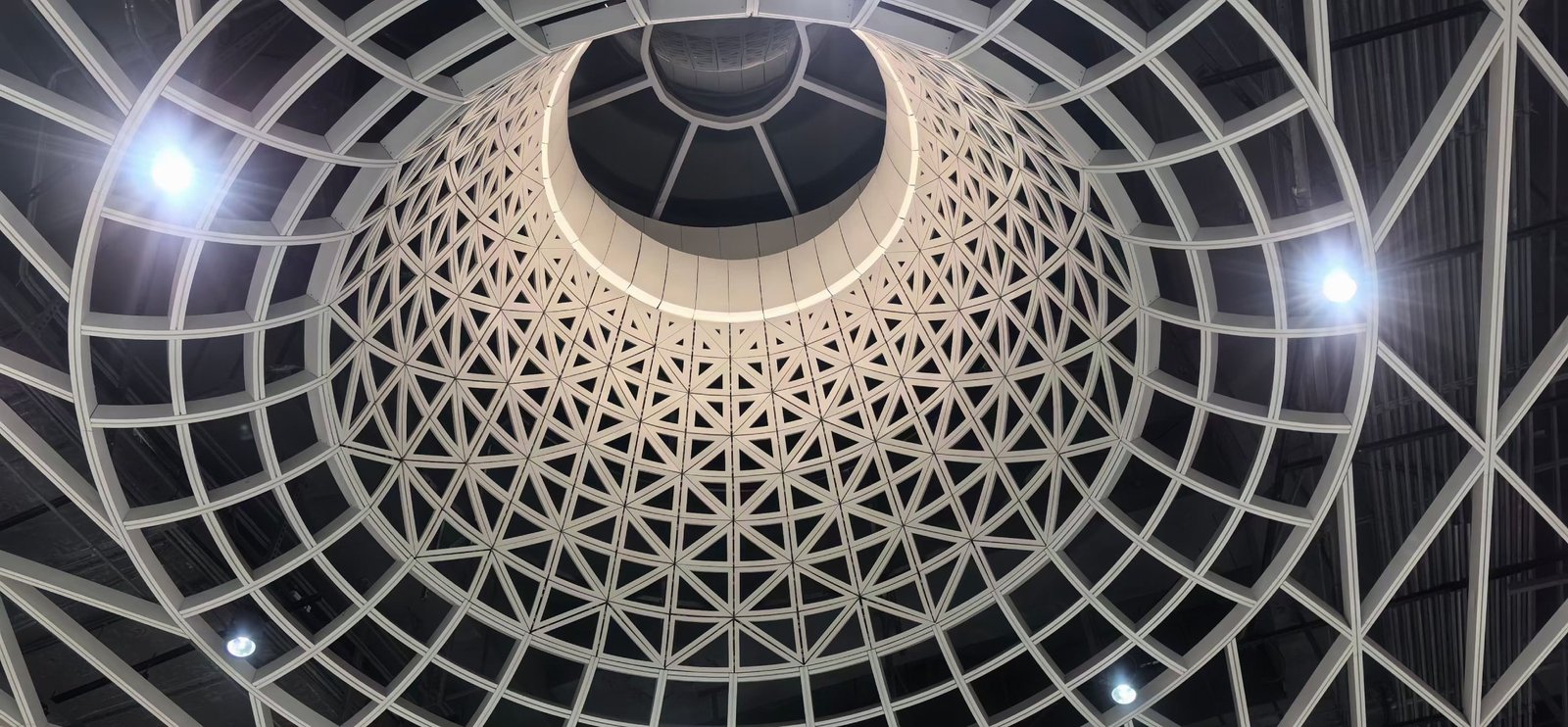How to Choose the Best Exterior Wall Panels for Your Buildin

alufrom
October 21, 2024
When planning the exterior design of your building, selecting the right materials is essential for achieving both visual appeal and long-lasting performance. Exterior wall panels, particularly aluminum ones, have become a top choice for architects and builders due to their durability, versatility, and sustainability. In this article, we will guide you through the key factors to consider when choosing the best aluminum exterior wall panels for your project.
Why Choose Aluminum Wall Panels for Building Exteriors?
Aluminum wall panels have distinct advantages over other materials, making them ideal for both residential and commercial buildings. Here are a few reasons why aluminum is a preferred choice:
Durability: Aluminum is naturally resistant to corrosion and rust, which makes it perfect for outdoor applications. It can withstand extreme weather conditions, including rain, humidity, and UV exposure.
Lightweight: Aluminum is significantly lighter than other metals like steel, making installation easier and reducing the load on your building structure.
Versatility in Design: Available in various finishes, textures, and colors, aluminum panels offer great design flexibility. Whether you want a sleek, modern look or something more textured, aluminum can be customized to fit your vision.
Eco-Friendly: Aluminum is 100% recyclable, and using recycled aluminum requires significantly less energy than producing new aluminum, making it a sustainable choice for environmentally conscious projects.
Types of Aluminum exterior wall panels
There are different types of aluminum exterior wall panels to choose from, each designed to meet specific needs. Here are the most common types used in construction:
Aluminum Composite Panels (ACP)
ACPs consist of two thin aluminum sheets bonded to a non-aluminum core, typically polyethylene or a fire-retardant material. These panels are lightweight, durable, and often used for facades, signage, and cladding. They come in various finishes, such as gloss, matte, and textured, making them a versatile choice for architects.Solid Aluminum Panels
These panels are made from solid aluminum and are known for their exceptional durability. They are often used in areas requiring high strength and resistance to impact, such as high-traffic buildings or areas exposed to harsh weather.Perforated Aluminum Panels
Perforated aluminum panels have a series of holes or cut-out patterns that provide both aesthetic appeal and functional benefits like airflow, light control, and sound diffusion. These panels are commonly used for facades, sunshades, or decorative elements on modern buildings.Aluminum Honeycomb Panels
Aluminum honeycomb panels have a core structure that looks like a honeycomb, providing an excellent strength-to-weight ratio. They are ideal for applications where minimizing weight is important, such as high-rise buildings or large-scale installations.


Key Considerations When Choosing Aluminum exterior wall panels
To make the right choice for your building’s exterior, consider the following factors:
Design and Aesthetics The look of your building is one of the most important aspects. Aluminum wall panels offer great flexibility in design. You can choose from a wide variety of colors, finishes, and textures, allowing you to create a distinctive facade. For a contemporary look, smooth or metallic finishes work well. For a more traditional or textured appearance, consider embossed or wood-look finishes.
Weather Resistance Aluminum’s natural resistance to rust and corrosion makes it perfect for areas with high humidity or frequent rain. However, if your building is located in a coastal region or an area prone to salty air, choosing panels with additional anti-corrosion treatments is a wise decision.
Fire Resistance Safety is a crucial factor, especially in commercial or multi-story buildings. Many aluminum wall panels come with fire-resistant cores or coatings. Be sure to check the fire safety ratings of the panels you are considering and ensure they meet local building codes.
Cost and Budget Budget is always a significant factor in construction projects. Aluminum composite panels (ACPs) are generally more affordable than solid aluminum panels while still offering great durability and versatility. Solid aluminum, although more expensive, may offer greater long-term value due to its superior strength and resistance to damage. Weigh the upfront costs against the long-term benefits when making your decision.
Thermal and Acoustic Insulation Insulation is important for both energy efficiency and occupant comfort. Some aluminum wall panels come with additional insulation layers, improving both thermal and acoustic performance. These are especially beneficial for buildings in noisy urban areas or regions with extreme temperatures.
Sustainability If you are looking for eco-friendly building materials, aluminum wall panels are a great choice. Aluminum is highly recyclable, and using recycled aluminum reduces the environmental impact of your project. Additionally, aluminum’s durability means that it requires less maintenance and fewer replacements over time, further reducing its environmental footprint.
Installation Process Consider how easy or complex the installation process will be for the aluminum panels you choose. Some systems are designed for fast, efficient installation, which can save time and labor costs. Others may require more specialized tools or expertise. Working with experienced installers familiar with aluminum wall panels is key to achieving a seamless, professional finish.
Top Applications of Aluminum Wall Panels
Aluminum wall panels are highly versatile and can be used in a variety of applications, including:
- Building Facades: Aluminum wall panels provide a modern, sleek look for exterior facades while offering durability and resistance to environmental factors.
- Interior Wall Cladding: While primarily used outdoors, aluminum panels can also be applied indoors for feature walls, adding a contemporary touch to office or commercial interiors.
- Sunshades and Louvers: Perforated aluminum panels are ideal for creating sunshades or louvers, offering both aesthetic and functional benefits such as shade and ventilation control.
- Canopies and Awnings: Aluminum’s lightweight and weather-resistant properties make it perfect for canopies, awnings, and other outdoor structures.
Conclusion
Choosing the right Aluminum exterior wall panels for your building is crucial to achieving both visual appeal and long-lasting performance. Whether you’re looking for durability, low maintenance, or a modern aesthetic, aluminum panels offer a variety of solutions. By considering factors such as design, weather resistance, fire safety, and budget, you can make an informed decision that enhances the overall quality and value of your building.
For projects that prioritize both aesthetics and functionality, aluminum wall panels provide the ideal solution, ensuring your building stands out while also meeting performance demands.


